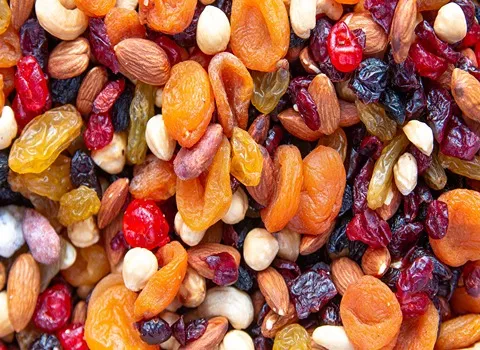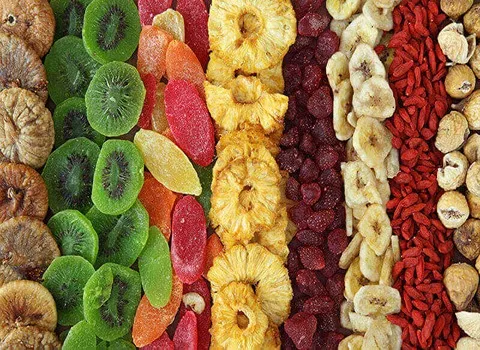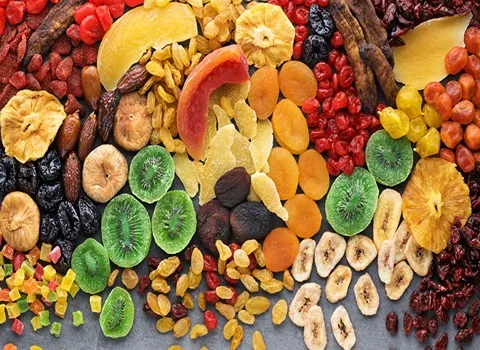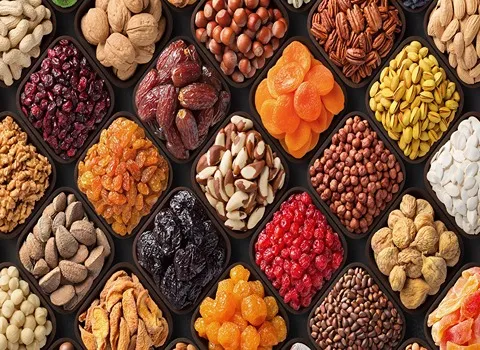
Understanding Dried Fruit Specifications:
Types of Dried Fruits:
Dried fruits come in a variety of types, each with its unique flavor profile and nutritional benefits.
Common types of dried fruits include raisins, apricots, dates, figs, and prunes.
Each type of dried fruit has specific characteristics that set it apart from the others. For example, raisins are small, sweet, and chewy, while apricots are larger, tangy, and slightly chewy.

Moisture Content of Dried Fruit
One of the key specifications of dried fruits is their moisture content. Dried fruits should have a low moisture content to prevent spoilage.
The moisture content of dried fruits is typically expressed as a percentage, with most varieties containing between 10% to 25% moisture.
High-quality dried fruits will have a moisture content on the lower end of this range, indicating that they have been properly dehydrated.

Sugar Content in Dried Fruit
Another important specification to consider when buying dried fruits is their sugar content. Dried fruits naturally contain sugar, which is concentrated during the drying process.
However, some dried fruits may have added sugar to enhance their sweetness.
When buying dried fruits in bulk, it's essential to check the sugar content to ensure that you're getting a product that aligns with your dietary preferences.

Sulfites and Additives of Dried Fruit
Sulfites are commonly used in the production of dried fruits to prevent discoloration and preserve their shelf life.
While sulfites are generally considered safe for consumption, some individuals may be sensitive to them.
If you have a sulfite allergy or prefer to avoid additives, look for dried fruits that are labeled as sulfite-free or organic. These products are processed without the use of sulfites or artificial additives.

